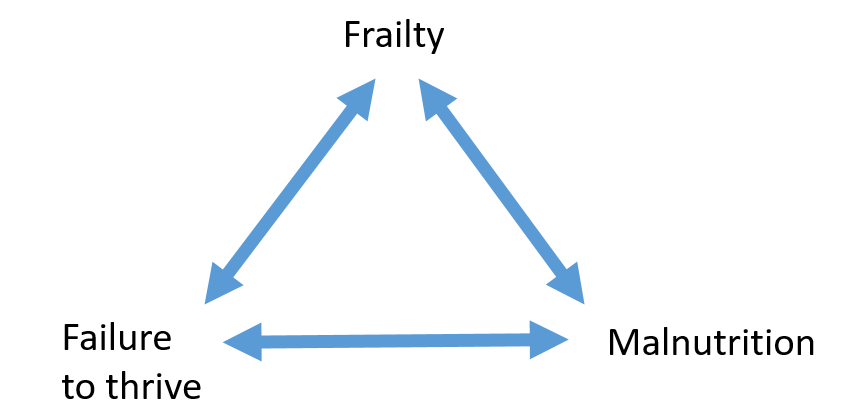Heya #MedEd,
What do these 3 things have in common?
- Intern presentations (e.g. med student day off)
- Inverted SOAP – “APSO”
- Inheriting a pt w/ organ-based documentation
Answer: an opportunity to INVEST in your interns and here’s why...
@medrants @rabihmgeha
🧵
1/8
What do these 3 things have in common?
- Intern presentations (e.g. med student day off)
- Inverted SOAP – “APSO”
- Inheriting a pt w/ organ-based documentation
Answer: an opportunity to INVEST in your interns and here’s why...
@medrants @rabihmgeha
🧵
1/8
All 3 of the above scenarios encourage interns to leave their comfort zone to do more than simply “explain the data” or “propose a plan.”
This opportunity adds the DESIRABLE difficulty of letting them “say what they think is going on” & most importantly, explain “why?”
2/8
This opportunity adds the DESIRABLE difficulty of letting them “say what they think is going on” & most importantly, explain “why?”
2/8
I find interns who inherit a pt & present in an inverted manner have ⬆️latitude to think out loud, particularly if not "performing" in front of med studs.
Best of all, when previous notes were organized by organ system, interns are also free from documentation inertia.
3/8
Best of all, when previous notes were organized by organ system, interns are also free from documentation inertia.
3/8
In short, you get to find out how they prioritize data and approach problems – AKA clinical reasoning!
Nothing better than a front row seat into a trainee's thought process - that's where the real clinical teaching occurs🧠
4/8
Nothing better than a front row seat into a trainee's thought process - that's where the real clinical teaching occurs🧠
4/8
While [RIME] is an elegant way to assess a learner across a spectrum of [Reporter ➡️Interpreter➡️ Manager➡️ Educator], I find many trainees are tempted to jump from [I] to [M] without an overarching impression.
This leap can reduce the Assessment into a Principal Problem.
5/8
This leap can reduce the Assessment into a Principal Problem.
5/8
But we know the ASSESSMENT is so much more than that.
It is THE most important part of the presentation and the reason I feel like I’ve failed residents when a few days have gone by and they haven’t gotten the chance to stake their claim, commit, and explain the WHY?
6/8
It is THE most important part of the presentation and the reason I feel like I’ve failed residents when a few days have gone by and they haven’t gotten the chance to stake their claim, commit, and explain the WHY?
6/8
For instance, "we think the hyperactive delirium [problem #1] is due to hepatic encephalopathy [impression], but why? [assessment]"
Whether APSO or SOAP, the focus of a presentation has to be the Assessment...
7/8
Whether APSO or SOAP, the focus of a presentation has to be the Assessment...
7/8
... and WHY is more than a burden of proof (hopefully you've already done that).
- What’s driving this process now?
- What caused it to recur?
- Why did they get confused now opposed to last month?
- How can we prevent it from happening again?
8/8
- What’s driving this process now?
- What caused it to recur?
- Why did they get confused now opposed to last month?
- How can we prevent it from happening again?
8/8
#Doctoring is more than managing a problem list. And an assessment is more than an integration task.
July 1st is around the corner.
Let's get at the WHY.
Fin
July 1st is around the corner.
Let's get at the WHY.
Fin
• • •
Missing some Tweet in this thread? You can try to
force a refresh

 Read on Twitter
Read on Twitter










